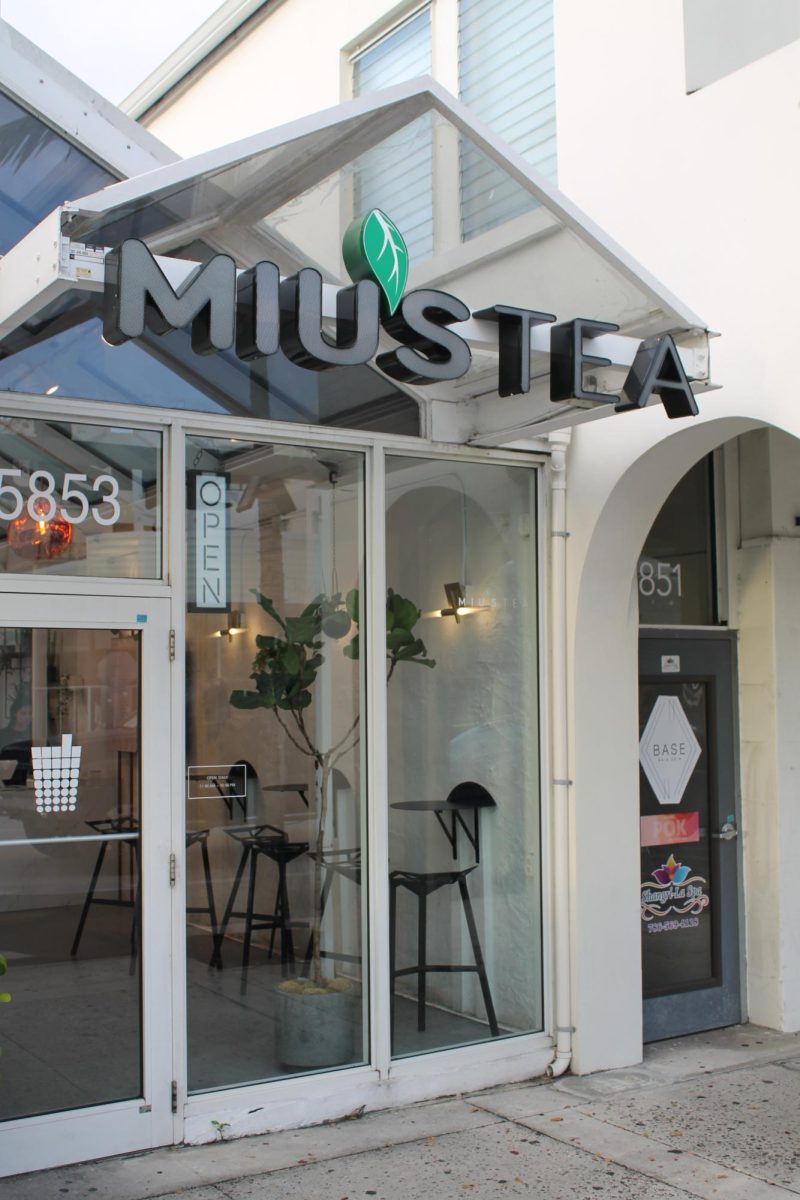The idea of putting yourself first tends to get left in the dark. When it comes to prioritizing work and others, prioritizing yourself seems out of the question. Classifying the positive action of putting yourself first and transforming it into something negative follows a false narrative — the act of putting yourself first should be applauded, not rejected.
Most people feel the need to put others before themselves, leaving them in a confusing place and wondering how to make time for themselves. One way to navigate this conflict is to ask yourself, “Is the time I am giving to someone or something rather than myself positively affecting me?” If the answer to that question is no, re-evaluate and redirect your focus. Helping others does not mean that you do not help yourself; you can help others, but you must ensure you do not get too involved that you become consumed by their issues and leave no time to help yourself.
The importance of mental health falls into the category of putting yourself first and prioritizing your health too. To positively impact your mental health, prioritizing yourself is imperative. When other people place higher on this imaginary list of priorities, you will continue to overlook your best interests while focusing on others. According to the National Institutes of Health, mental health affects nearly 20% of people ages 3-17 in the U.S., which only solidifies the importance of prioritizing your mental well-being before anything else.
Mindset is one of the leading factors in putting yourself first. Although switching a negative mindset into a positive one is a difficult task, it falls under one of the numerous ways someone can transition into a lifestyle of self-prioritization. The idea of having a “cup half full,” or a “cup half empty” mentality reflects how priorities are a choice and not something forced upon you. The true solution to this dilemma rests on the idea that you must choose to be your top-priority, or you will enter a constant cycle of ignoring what you need.
The choices people make can drastically alter the course of their lives, but the power still rests in their hands. Choices do not just happen; choices happen because a decision is made. The same goes for this ideology of putting yourself first; you can choose to put yourself first or choose to prioritize others, but it is ultimately up to you to make that final decision.














